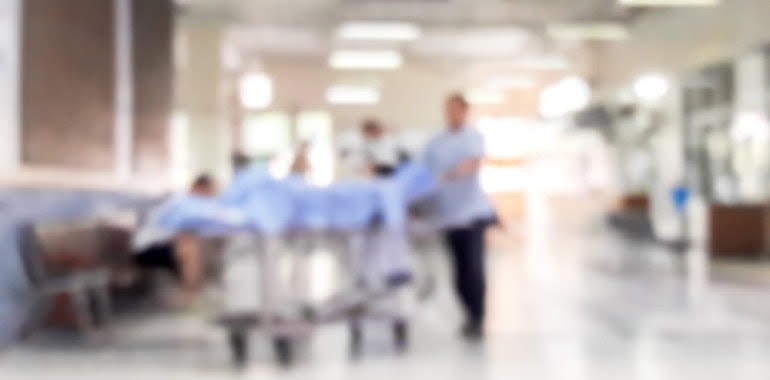NHS trusts have succeeded in restoring in-patient activity to pre-Covid levels, with A&E attendances and emergency admissions lagging only slightly behind according to the latest figures published by NHS England.
The July 5 COVID-19 daily situation report shows almost 92,000 NHS beds occupied in England, including 2,088 occupied by patients with confirmed COVID-19. This is slightly HIGHER than the average of just over 90,000 general and acute beds occupied in the three months January to March 2020 – before the pandemic struck, and including the peak winter months of January and February, with an occupancy rate of 88%.
If correct, these latest figures show that the 37,000 beds emptied in March and early April to create capacity to tackle the Covid pandemic have largely reopened, and that hospital trusts have been far faster at restarting elective services than has been reported.
And it seems the numbers are valid: NHS Providers’ director of policy and strategy Miriam Deakin told the Lowdown that their analysts could not find any reason to question the figures.
“The NHS was very successful in responding to the surge in pressures when COVID-19 took hold,” she added. “The high level of bed occupancy shows how hard the service has worked to restart a fuller range of services after the first peak.”
A&E caseload up again
June figures for attendances and emergency admission at A&E departments also show a significant bounce back from the lowest point during the pandemic.
There were just over 1 million attendances at major A&E departments, down 24% on the same month last year, compared to 42% in May – while emergency admissions in June were just 15% down on 2019.
The unsung success story of the NHS coping and reorganising services through the extraordinary efforts of front line staff has been partly obscured by publicity for heart-rending cases where patients have suffered or had their lives shortened by delays in accessing diagnostic tests, outpatients , elective or emergency treatment. Some outpatient clinics have seen an 80% reduction in numbers attending and urgent cancer referrals in April were down by an average of 60%.
Publicity highlighting the large-scale reduction in A&E attendance, the suspension of many elective services and outpatients, and the soaring waiting list have not been followed up by equivalent focus on the efforts that have been made to get services back on track.
Winter warning
But with winter and a possible flu epidemic still to come, NHS Providers’ Miriam Deakin warns:
“There are still serious concerns about having the capacity to deal with the challenges in the months ahead. These include working to restore routine services against a background of pent up demand which is starting to feed through.
“We welcomed the additional funding announced last week, including confirmation trusts can continue to access capacity in nightingales and in the independent sector until March but it’s unclear whether this will be enough to cope with what lies ahead.
“And it’s important to look beyond hospital bed capacity to consider growing demand for mental health, the need to strengthen community rehabilitation services and to shore up NHS 111.
“Finally there’s the concern for staff, many of them exhausted and some traumatised by the events of recent months.”
The bounce back to full wards and busy A&Es also raises doubts on how the NHS will cope with the widely expected second surge of Covid. Will any tangible steps be taken to address staff shortages?
Watch this space.
Dear Reader,
If you like our content please support our campaigning journalism to protect health care for all.
Our goal is to inform people, hold our politicians to account and help to build change through evidence based ideas.
Everyone should have access to comprehensive healthcare, but our NHS needs support. You can help us to continue to counter bad policy, battle neglect of the NHS and correct dangerous mis-infomation.
Supporters of the NHS are crucial in sustaining our health service and with your help we will be able to engage more people in securing its future.
Please donate to help support our campaigning NHS research and journalism.


